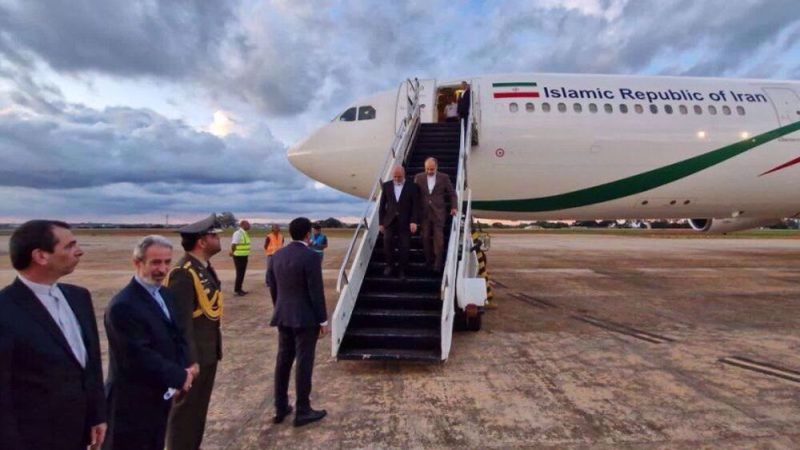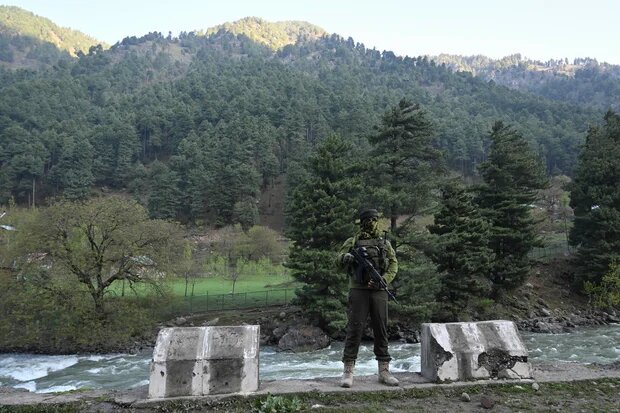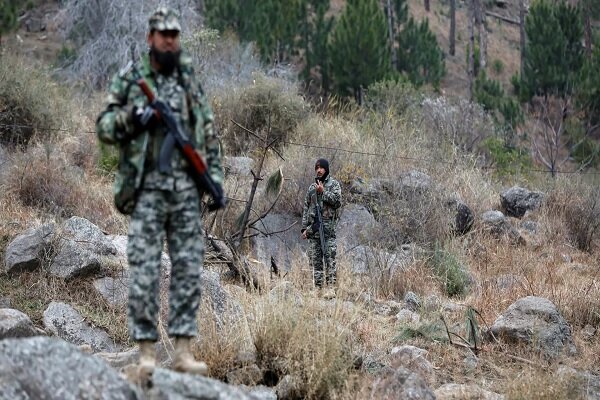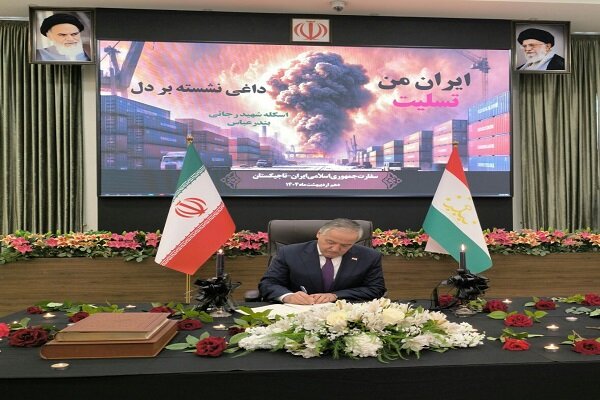Iran’s security chief in Brazil for talks with fellow BRICS members
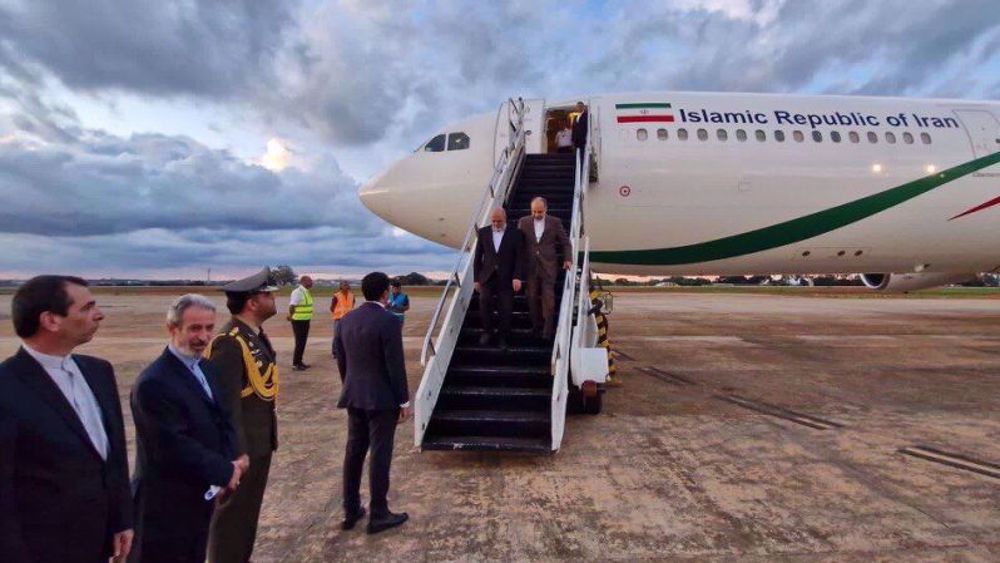
Secretary of Iran’s Supreme National Security Council (SNSC) Ali Akbar Ahmadian has arrived in Brazil to hold talks with the Islamic Republic’s fellow members in the BRICS group of emerging economies.
While in Rio de Janeiro, Ahmadian will hold bilateral and multilateral meetings and negotiations with representatives of other member states of the 10-member intergovernmental organization, Iran’s official news agency IRNA reported on Wednesday.
These meetings and talks would be focused on security, political, and economic cooperation, as well as developments in West Asia, the report added, noting that discussions are expected to be hold regarding security arrangements among BRICS member states.
Brazil will hold the rotating presidency of BRICS in 2025, and meetings related to this significant international organization will be hosted by Brazil.
Russia, Brazil, India, China, and South Africa are the founding members of BRICS, and Egypt, the United Arab Emirates, Ethiopia, Indonesia, and Iran have also recently joined the group.
The expanded BRICS group also has nine partner countries as affiliated members, including Bolivia, Cuba, Belarus, Malaysia, Nigeria, and Kazakhstan. The status would allow these countries to engage with and benefit from BRICS initiatives.
Countries such as Turkey, Azerbaijan, and Malaysia have formally applied for membership, with several others expressing interest in joining.
Since its establishment after World War II, BRICS has sought to enhance the representation of the Global South in multilateral organizations and to strengthen cooperation among developing and emerging countries.
BRICS currently has a combined population of about 3.5 billion people, with a combined economy worth over $28.5 trillion or about 28 percent of the global economy.
The gathering of the group comes amid growing calls among Global South nations, including members of the BRICS group of nations, to reconfigure the existing world order, one that has been increasingly skewed in favor of a few hegemonic powers, including the United States.



